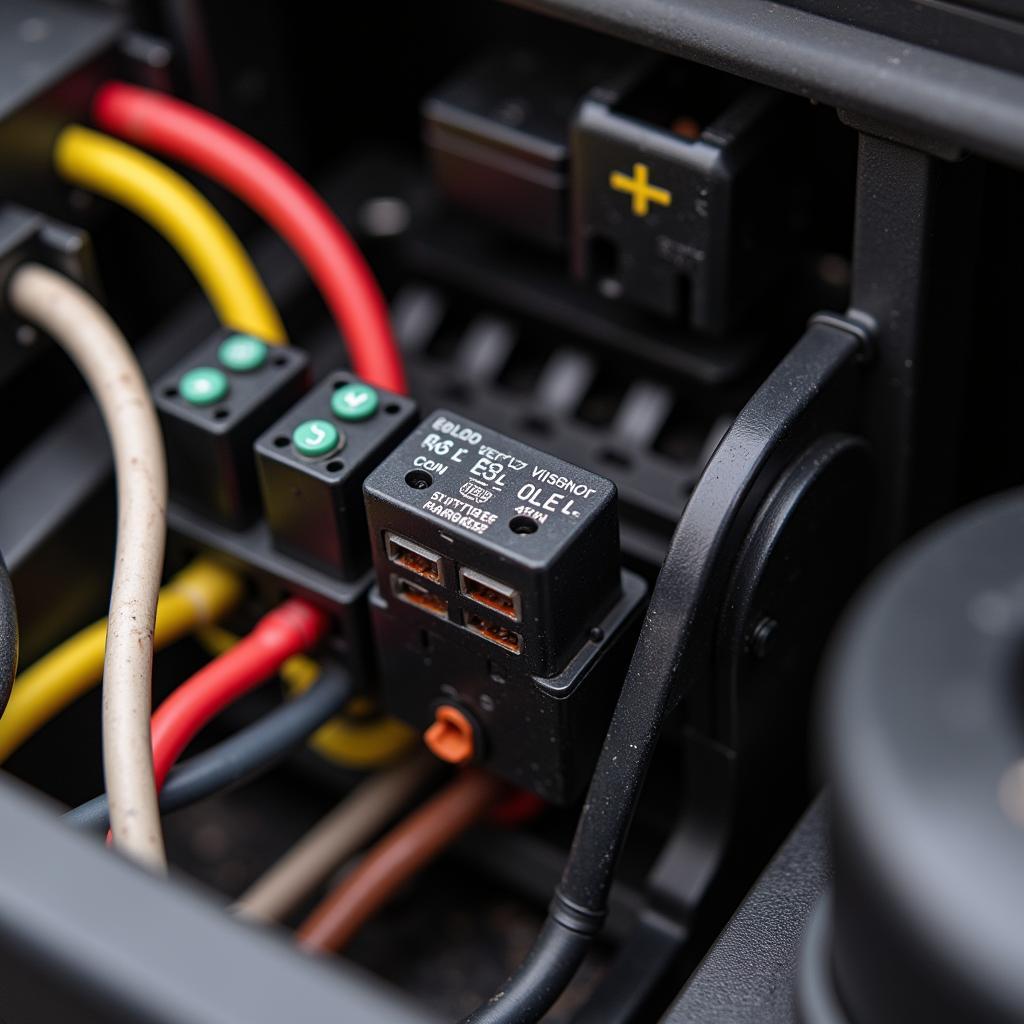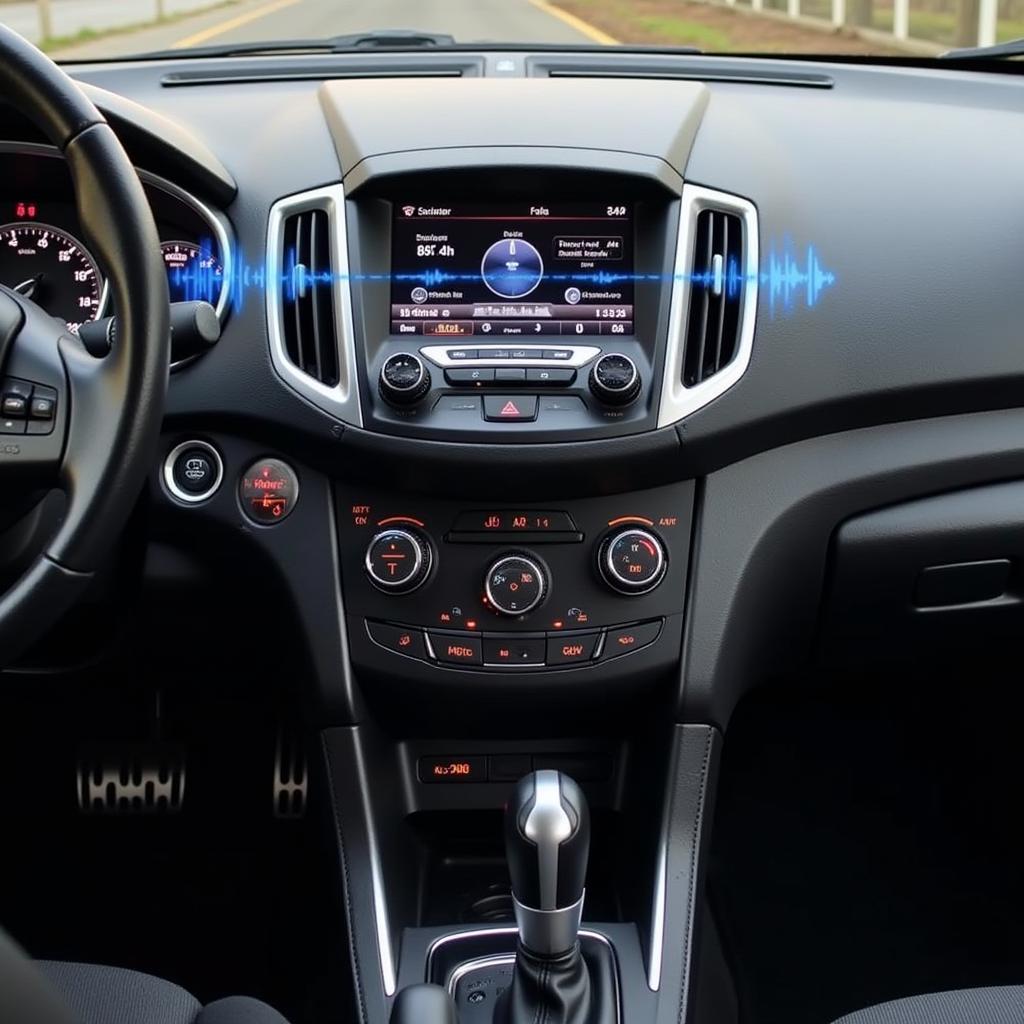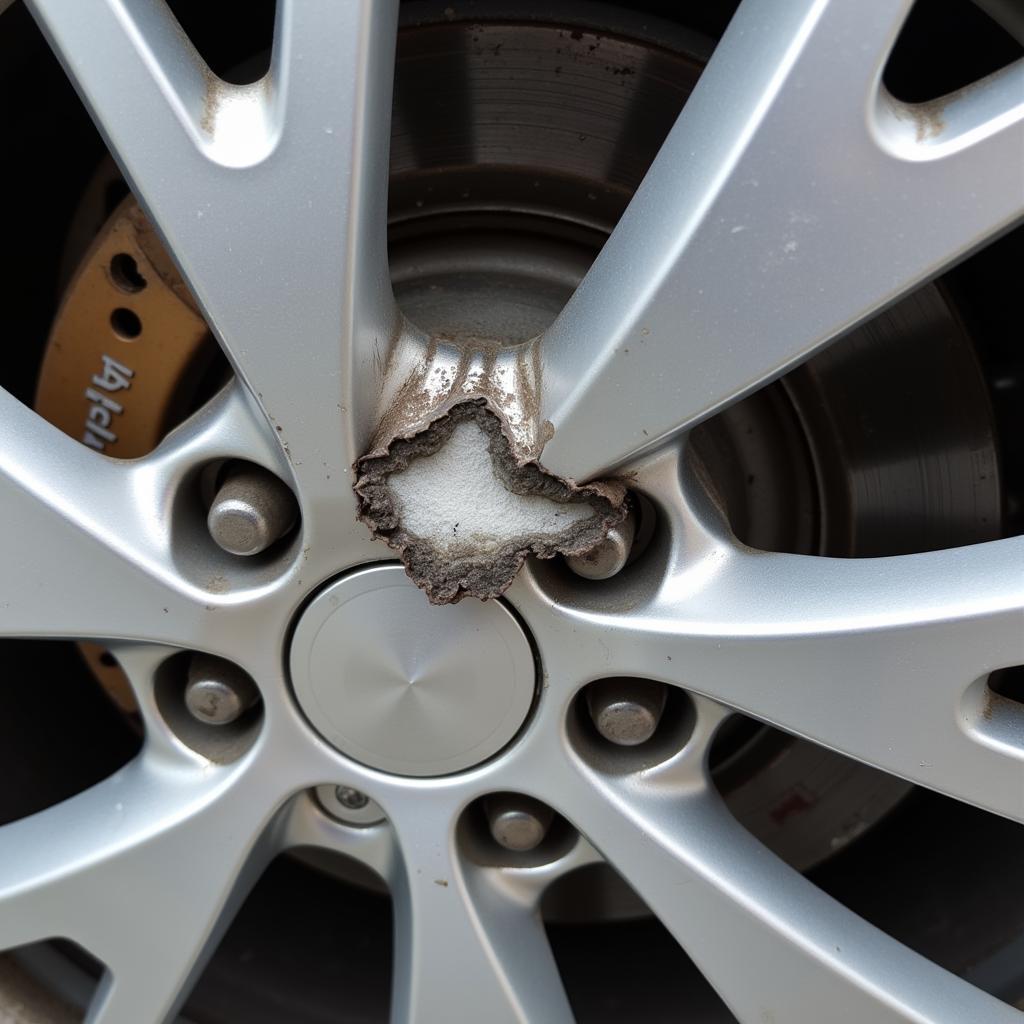A buzzing sound emanating from your car’s electrical system can be a frustrating and concerning issue. This article delves into the common causes of this “Car Electrical Problem Buzzing Sound” and provides practical troubleshooting tips to help you pinpoint and resolve the issue effectively. Let’s dive in and get to the bottom of that pesky buzz!
Decoding the Buzz: Common Causes of Car Electrical Problem Buzzing Sound
A buzzing sound usually indicates an electrical component struggling to function correctly. Several culprits can be behind this car electrical problem buzzing sound, ranging from minor issues to more serious concerns. Understanding the potential sources is crucial for effective troubleshooting. Some common causes include failing relays, faulty alternators, grounding issues, or even problems with your car’s audio system. Don’t worry, we’ll explore each of these in detail.
 Car Relay Buzzing Sound
Car Relay Buzzing Sound
Why is My Relay Buzzing?
Relays are essential electromechanical switches that control various electrical circuits in your car. A buzzing relay often signals an impending failure. This could be due to a worn-out contact inside the relay, a low voltage supply, or a problem with the circuit it controls. If you suspect a faulty relay, swapping it with a known good one is a simple test.
If your car speakers aren’t as loud as they used to be, check out this helpful article about car speaker low volume problem.
Alternator Issues and Buzzing Sounds
The alternator is the heart of your car’s electrical system, responsible for charging the battery and powering electrical components. A failing alternator can sometimes produce a buzzing sound, often accompanied by dimming headlights or other electrical malfunctions. Having your alternator tested is essential if you suspect it’s the source of the buzzing.
Grounding Problems: A Silent Culprit
A poor ground connection can also cause a buzzing sound, particularly in audio systems. This happens when the electrical current seeks an alternative path, creating unwanted noise. Inspecting and cleaning ground connections can often resolve this issue.
Audio System Buzzing: A Common Annoyance
Buzzing sounds emanating from your car’s speakers are often related to grounding issues, faulty amplifiers, or problems with the head unit. Troubleshooting your audio system systematically can help isolate the source of the buzz. For those experiencing problems with their car amplifier, this article on car amp problems can provide valuable insights.
 Car Audio System Buzzing Sound
Car Audio System Buzzing Sound
Troubleshooting Car Electrical Problem Buzzing Sound: A Step-by-Step Guide
- Identify the Location: Pinpoint the general area from which the buzzing sound originates. Is it coming from under the hood, the dashboard, or the speakers?
- Check the Fuse Box: Inspect the fuses and relays for any signs of damage or burning. Replace any blown fuses.
- Test the Relays: Swap suspect relays with known good ones to see if the buzzing stops.
- Inspect Ground Connections: Check and clean all ground connections, particularly those related to the suspected buzzing component.
- Test the Alternator: Have a mechanic test your alternator’s output to ensure it’s functioning correctly.
- Check the Audio System: If the buzzing is coming from the speakers, systematically check the head unit, amplifier, and speaker wiring.
“A buzzing sound is often your car’s way of telling you something isn’t right,” says veteran automotive electrician, Robert Hernandez. “Ignoring it can lead to more significant problems down the road.”
Conclusion: Addressing Car Electrical Problem Buzzing Sound
A buzzing sound in your car’s electrical system should never be ignored. By understanding the potential causes and following a systematic troubleshooting approach, you can often identify and resolve the issue before it escalates. If you’re still experiencing a “car electrical problem buzzing sound” after attempting these steps, it’s always best to consult a qualified automotive electrician. Remember, early detection and intervention can save you time, money, and potential headaches down the road. Contact AutoTipPro at +1 (641) 206-8880 or visit our office at 500 N St Mary’s St, San Antonio, TX 78205, United States for expert assistance. We’re here to help you get back on the road buzz-free!
FAQ
-
Can a low battery cause a buzzing sound? While a low battery itself may not directly cause buzzing, it can contribute to issues with other components, leading to a buzzing sound.
-
Is it safe to drive with a buzzing sound coming from my car? It depends on the source of the buzz. If it’s a minor issue like a failing relay, it might be okay to drive for a short period. However, if the buzzing is accompanied by other symptoms like dimming lights or loss of power, it’s best to avoid driving and have your car inspected immediately.
-
How much does it cost to fix a car electrical problem buzzing sound? The cost varies depending on the underlying issue. A simple relay replacement might cost a few dollars, while a faulty alternator replacement could be more expensive.
-
Can I fix a car electrical problem buzzing sound myself? If you have some basic automotive knowledge, you can attempt some troubleshooting steps like checking fuses and relays. However, more complex electrical issues are best left to qualified professionals.
-
How can I prevent car electrical problem buzzing sounds in the future? Regular maintenance, including checking and cleaning battery terminals and ground connections, can help prevent many electrical issues, including buzzing sounds. Addressing minor electrical problems promptly can also prevent them from escalating into more significant issues.
-
What if the buzzing sound is intermittent? Intermittent buzzing can be more challenging to diagnose. It’s crucial to note the conditions under which the buzzing occurs (e.g., when using a specific feature, at certain speeds, etc.) to help your mechanic pinpoint the problem.
-
My Lincoln Town Car has power seat problems; could that be related to the buzzing sound? Potentially. Electrical issues can manifest in different ways. If you’re experiencing issues with your power seat, it’s worth exploring if there’s a connection to the buzzing sound. You can read more about lincoln town car drivers side power seat problems for more information. If you suspect fuel pump issues are causing a buzzing sound, consider reading about the symptoms of car fuel pump problems. Static on your car radio could also indicate electrical problems; learn more about fm car radio static problem.





Leave a Reply